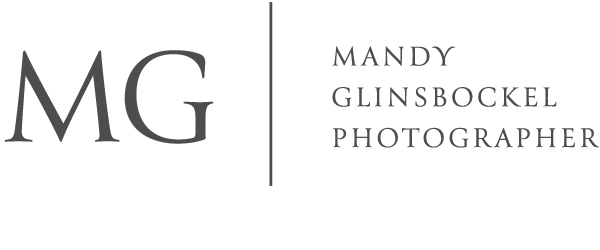Reflection and Resetting Amidst COVID-19 Seclusion
Last night, on the evening of my tenth day of physical distancing and working from home, in the midst of hundreds of people in my community gathering online to come together and connect for a virtual gala, I felt taken over by a very immediate and unignorable need to escape.
(Escape may be too urgent a word, but well describes the intensity of the feelings that washed over me.)
I got in my car, drove for awhile with no particular destination in mind, and as I often do, ended up down at the water’s edge.
Getting out of the car to walk out onto the sand, watching the moonlight cast down onto the water from a darkening sky, I felt the intensity of grief come over me. Not the same kind of grief I’ve been reading about in relation to COVID-19, grief for the world alongside the loss of our system’s way of being, the loss of lives, jobs, economy and stability…But rather a personal grief amidst a growing realization and feeling of wanting ‘out’. Out of the way I’ve been doing life lately.
At a time when I’m witnessing more people than ever reach out online to virtually connect (which is truly a beautiful thing), for me it’s brought up an incredible amount of pressure that I’m far too familiar with.
A pressure to ‘keep up’, to ‘do more’. To be present at every event, partake in every fundraiser, to stay caught up on what’s happening within my own community and the world in general. Being in a current position of fund development in the nonprofit sector, at a heightened time that I see so many others running, sprinting to do good, I find myself yearning to slow down.
To stop. To reassess in the quiet. To reconnect to my own inner knowing about who I am and what I’m really here to do.
The gift to be found within this forced time of self isolation, is that it has intensified an already glowing spotlight on where I’m in alignment with my true self, and more importantly, where I am not.
With the help of some outside perspective yesterday, I was gently reminded that I often come from a place of having an ‘outsider’ complex; From a place of feeling the need to prove my worthiness to others, reinforcing a paradigm that others mean more, matter more than I do. This has led me to sometimes make choices that aren’t in line with what I even want in any given moment…A need to please and an inability to speak up. And this has led me to intermittently continue playing a game I never actually had any interest in playing in the first place.
Standing here, looking out at the water last night, I let the grief truly take hold and wash over me…and slowly be replaced with a clarity that has been gnawing at me for awhile, and the feeling of relief and freedom that often comes when I just admit the truth to myself rather than try and resist it any longer.
I pulled my phone from my pocket to take a photo of the scene before me, and when the wind picked up, I walked back to my car across the sand, went home to bed with a buzzing mind, and woke up with an urgency and inspiration to write for the first time in a very long time. So here I am, writing, after years have passed since the last blog post within this space.
What I know for sure is that I’m being called, like so many of us right now, to look amidst this time of self isolation at what really matters to me.
Not based upon other people’s feelings or opinions, or the logic and structure that I’ve somehow let myself believe I need to strive for at the cost of abandoning my own creative expression and true gifts.
What really matters?
This is my greatest commitment: To continue exploring and feeling into this, one day, one word and one photograph at a time.
28/03/2020, iphone 11 pro.




